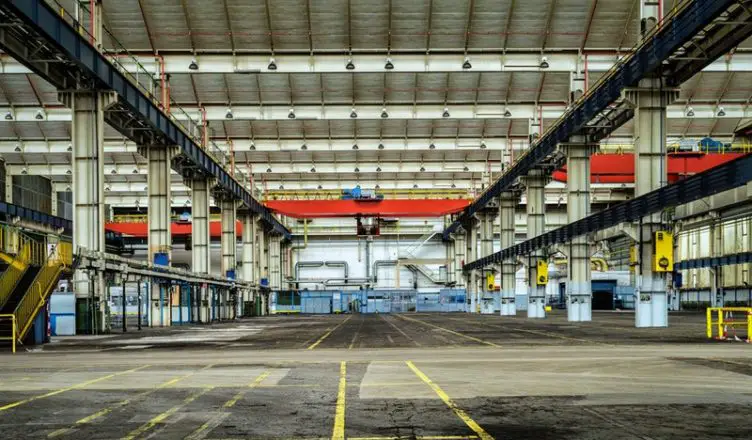Logistics is the oil which makes trade machine functions smoothly.
Managers’ duties start and end with good organization and they need to keep an eye on many operations.
When they encounter an issue, especially with logistics, their response needs to be both adequate and swift.
In light of that, here are a few instances of logistics-related challenges that might come up.
Goods warehousing
If your company operates globally, or at least, among different cities in your country, you most definitely know how sensitive the process of transportation is.
Customers’ satisfaction depends on many factors, which also include knowing when the package was sent, being able to track it and having an approximate arrival time.
Providing these pieces of information to them is of great significance to the rapport between them and the brand, as well as to whether they would purchase something again or recommend you to others.
However, huge warehouses make the picking process complicated and a lot of room for mistakes and delays.
A well-organized sorting system might help in this case, or assigning certain areas to individual pickers so as to increase efficiency.
Of course, goods sometimes get damaged in the transport or they are late due to some delay, but most time is actually wasted at the warehouse.
Business relationships
The relationships with your suppliers and partners are essential pillars of your company’s business.
Your business’ reputation matters greatly and although many comments and experiences don’t make it in official papers, they get around by word of mouth. You don’t wish for the business or you as a manager to be put in a negative context, so you need to nurture those relationships in both spheres.
Communication is the key to building and maintaining a good relationship and resolving any misunderstanding. They need to feel free to speak openly about something they would change or about mistakes that occurred, while on the other hand, your response needs to be reassuring and the conversation swiftly relayed to your employees.
Of course, a little proactivity can leave an excellent impression, so if you see room for improvement, after consulting with your superiors, you can propose them to the business partners or suppliers, depending on your ideas.
Accidents at work

One of the least pleasant events that could befall a logistic or any kind of manager are work-related accidents.
Your obligations lie with both your company and the employee. It would be best if you already knew the company regulation regarding work-related personal injury incidents by heart, so you can react properly.
But if you don’t know it in detail, the most important first step is to ensure that the injured receives prompt medical attention.
After that employee has been transported to the hospital, you need to notify the employer, and they might ask you to be the one who will interview other employees to establish what happened.
Regardless of that, it could be useful to get acquainted with those company regulations in-depth, and also to check the state regulations, just so you would be better prepared if a similar event might take place again.
Risk management
Business is supposed to be well-oiled machinery in which every department and each employee knows their part, but it is not always so, and mistakes and delays happen.
It is not always human error, sometimes the approval of shipping documentation takes more than expected or the transportation vehicle gets broken down on its way to the designated place.
Whatever the reasons, the response to such situations needs to be quick and the only way for it to be such is for you to be prepared. Naturally, you cannot predict each situation, but there needs to be a procedure to follow which is applicable for most situations.
For example, you get a call about the situation, then you see if it is something which has happened before and if it is, you put into motion the mechanisms and people you have previously.
If it is something out of the ordinary which might need the attention or the verification from your superiors, then the next thing you do is notify them, suggest a solution if appropriately and act upon their instructions.
Relationship with customers
The logic is simple: a happy customer will become a loyal customer and spread the word around you bringing more customers to the business.
Each company needs a strong customer base and consequently an efficient customer service team. This team is, of course, a department on its own but what a manager can do to contribute to customer satisfaction besides listening to suggestions from customers service and checking whether they can be applied is to make sure that the product delivery process goes smoothly.
Since dissatisfied customers can write a bad review visible to the whole world, the company needs to tread carefully.
As already mentioned, picking packages at the warehouse is time-consuming and not all products end up where they need to, but what you as a manager could do to improve that impression is to contact the customer directly.
They will probably contact customer service to file a complaint, but it is a totally different ballgame when they get a sincere apology from a manager.






